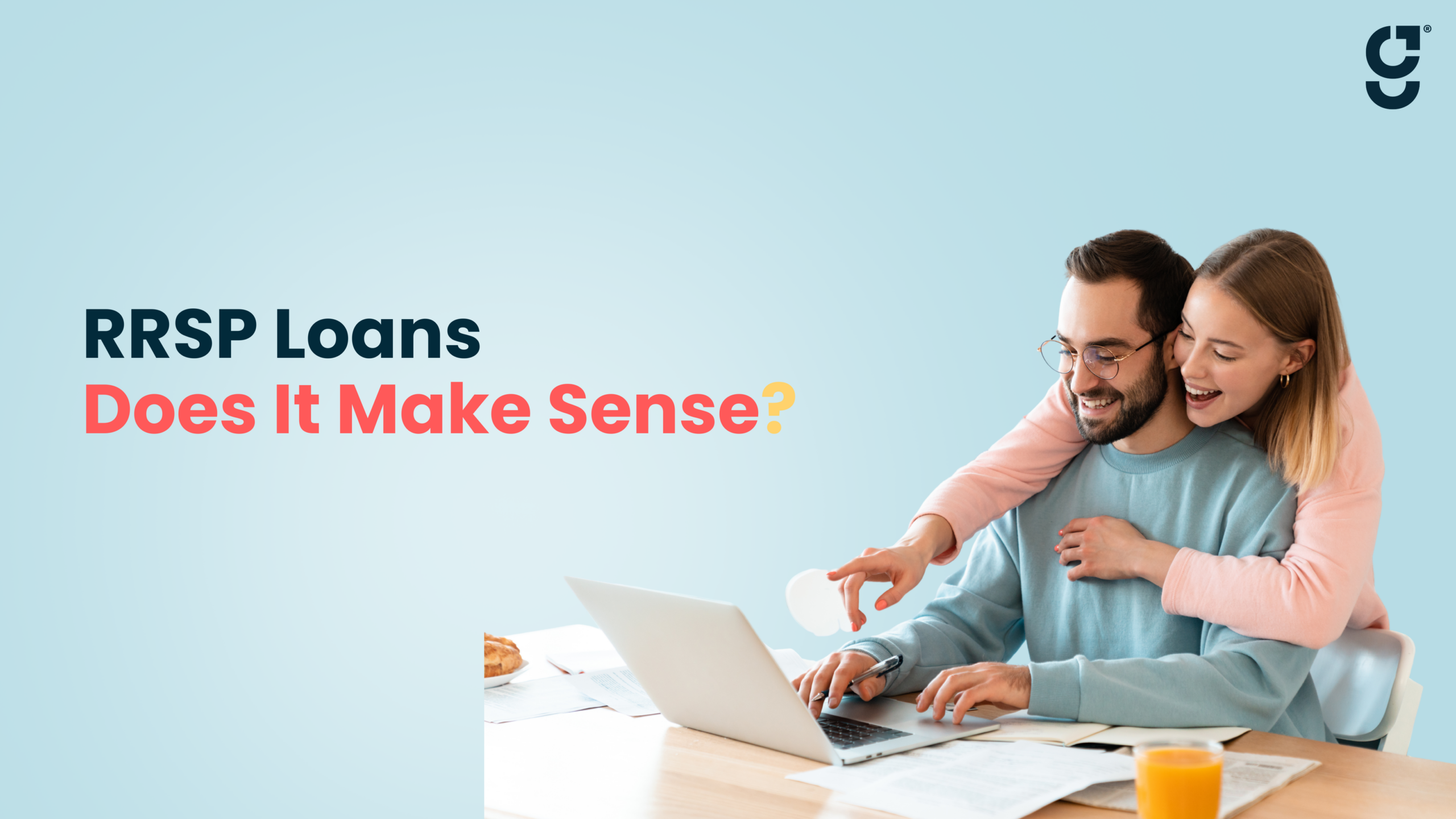Regret is such a powerful thing. It can be subtle, from the small decisions that we decided to delay or the habits we regret not building earlier. But understanding regret is such a powerful thing for us to avoid repeating those patterns as you move into the next year.
Financial Regrets
“I wish I saved more, and started earlier”
This is one of the most universal financial regrets Canadians have. According to FP Canada’s 2025 Financial Stress Index, 21% of Canadians regret not saving more, and 20% regret not investing earlier [1]. This is simply a reminder that time (more than income) is the biggest advantage that a lot of people overlook. Starting early not only gets you into the habit of doing it, but it allows your money to compound.
“I wish I learned about investing sooner”
Again, time is the biggest tool you have when it comes to building wealth. A lot of times, we wait for the perfect opportunity like “I’ll start investing when I have more income” or “I’ll start investing once I buy that new car I was saving up for”. Many feel unprepared and intimidated and they don’t know where to start. By the time that they actually decide to start, they could’ve already missed years of potential growth.
“I should’ve tracked my spending better”
Overspending, impulse purchases, and an overall lack of budgeting is such a huge stress point. And this isn’t even because you lack discipline; it’s because small and unnoticed purchases really add up quickly. When people look back on the year they had, they realize that they didn’t overspend on one big thing. Instead, it was a consistent flow of tiny purchases that seemed insignificant at the time.
Why These Regrets Happen
It’s simple; they’re common behavioral traps. Habits that were delayed, decisions made with emotions at the forefront or just plain optimism bias. But recognizing these patterns is half the work already. With a little discipline and determination to build good habits, the solution can be a heck of a lot simpler.
Avoiding Regrets
Start early, even if it’s small. Each regret shows the same message; people regret not starting sooner. Getting into the habit of saving or investing, even in small amounts, is invaluable over time. Not only are you setting yourself up to reap the benefits of compounding, but it allows you to ingrain into yourself these habits and as time goes on, it becomes second nature doing so.
Final Thoughts
Regret often comes from the things we didn’t do, not from the things we did. The good news is that a new year is right around the corner; building habits now will help you enter into the new year with a new sense of clarity and momentum. Let’s lessen the “I should have…” moments.
Sources
Important footnote & disclaimer:
The information contained on this website and in any related materials, including but not limited to blog posts, charts, statistics, projections, or other content (collectively, the “Information”), has been prepared by goPeer for general informational and educational purposes only. The Information does not constitute, and should not be construed as, an offer to sell or a solicitation to buy any securities or investment products. The Information does not constitute legal, tax, investment, financial, or accounting advice, and should not be relied upon as such.
Any tables, charts, forecasts, forward-looking statements, or statistical analyses presented are based on assumptions, estimates, or projections made by goPeer that may not reflect actual future performance. These forward-looking statements involve known and unknown risks, uncertainties, and other factors (many of which are beyond goPeer’s control) that may cause actual outcomes to differ materially from those expressed or implied in the Information. Actual results may vary significantly, and past performance is not indicative of future results.
No portion of the Information should be interpreted as a recommendation or endorsement of any specific investment strategy, security, loan, or product. Investment decisions should always be made based on the investor’s individual objectives, financial situation, and risk tolerance, in consultation with appropriate legal, tax, and financial advisors.
Investing involves risk, including the possible loss of principal.



